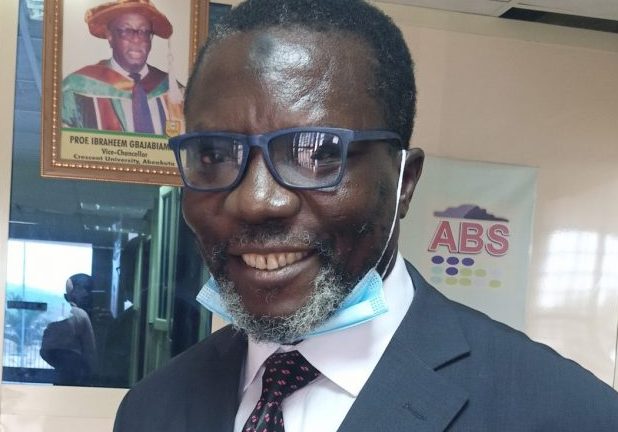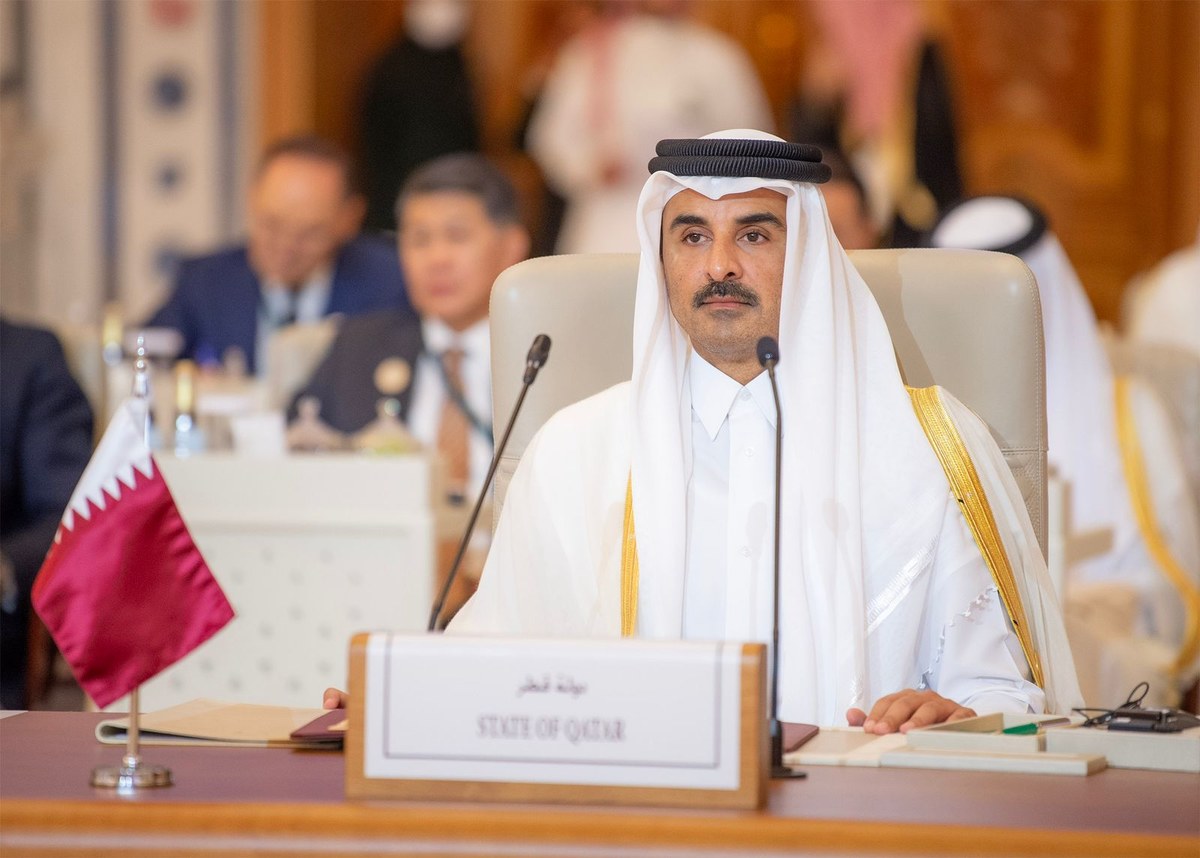How Nigeria can escape from budget deficit, Abeokuta Business School don says

By IDRIS KATIB
An Abeokuta Business School don, Dr Tajudeen Adebayo, has recommended ways Nigerian government could rid its budget deficit, stressing that despite the grim outlook of Nigeria’s economy as a result of huge budget deficit, the Federal Government would get out of the woods by working on accountability and corruption.

He unveiled this during a review of the 2021 Federal Government budget facilitated by the Abeokuta Business School of Crescent University, Abeokuta, Ogun State recently.
Adebayo maintained that the onus was on the federal government of Nigeria to be accountable to the people and have strong commitment to revenue generation, blocking of resource leakages as well as eradication of waste in public expenditure.
In his words, “all hope is not lost however, as budget deficit is not always harmful. It can be beneficial to Nigeria, depending on quite a few factors”, he observed.
He explained that “the Keynesian analysis holds that a budget deficit can be good for an economy in recession because private sector spending will be low, while savings will rise on the aggregate!
“Empirically also, financing the budget deficit can be cheaper for the government because the private sector will prefer buying government securities or bonds, which is safer than investing in the private sector with uncertainties (that caste shadow presently on global economic space)!”
The scholar, however, highlighted the areas of concern about the year’s financial estimate.
“While revenue generation remains a challenge in the face of falling oil prices and economic contraction resulting mainly from COVID-19 pandemic induced global business uncertainties, the key concerns on the 2021 budget include: The growing debt profile of Nigeria as a result of the projected budget deficit of N5.602 trillion to be financed mainly, through borrowing yet again!
“Diversifying the economy from its over-dependence on crude oil export and its price volatility in international oil market; increasing the revenue generation from all government MDAs and addressing revenue leakages in government finances.
“Meeting the daily volume of crude oil production of 1.86 million (bpd); controlling the growing recurrent spending on payment of salaries and overheads.
“There is therefore, genuine fear that the deficit financing in the coming 2021 fiscal year may further exacerbate Nigeria’s already poor debt profile; force governments into adapting policies aimed at austerity; can lead to widening inflationary gap in the economy that may adversely increase money supply; lead to a fall in aggregate demand, lower growth, trigger recession and unemployment”, Adebayo stressed.









